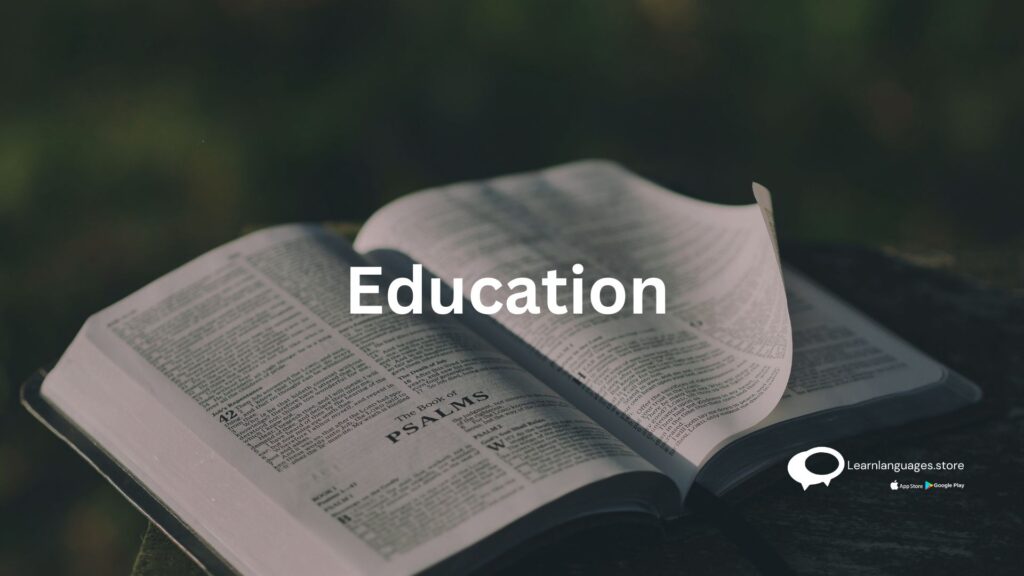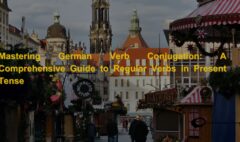Expert tips for creating an impressive resume for the Canadian job market
Expert tips for creating an impressive resume for the Canadian job market
Check out these important guidelines when applying for a job in Canada
Canada is an excellent place to go to school since it has some of the world’s best universities, a high standard of living, and a wide variety of employment and internship options. The resume you submit with your job application in Canada is typically the first chance you get to create a good impression. Having a CV that stands out from the competition can increase your chances of getting an interview
A resume is a marketing tool that summarizes your educational background, work history, and other relevant professional details. Do you want a worldwide career? whether so, please tell us whether you are an international student. Then you need a resume to help you get a job. Your resume for a job in Canada can be written in a somewhat different format and style from the one you’re used to. Have a burning curiosity? Have no fear; we’ll be there to guide you through the process of creating a flawless resume for the Canadian job market.
Points to note while writing a resume while applying to study in Canada
It’s not hard to put together a resume if you have a template to follow and a list of items to include. Here are some rules to follow when constructing your CV.
1. Your contact information

Mention all required details including your full name; current address; primary phone number, and e-mail address.
2. Objective, profile, and summary statement
If you choose to include this area, do so by stating your career goals clearly and concisely, or by summarizing your professional experience. This section is most successful when you know the exact industry or sort of work that interests you, or when you are transferring from one career to another.

3. Education
List all of your degrees in reverse chronological order, starting with the most recent one you are pursuing or have obtained. Include your graduation month and year, as well as your major, minor, or specialization, and the city and state where your school is located. If you have studied abroad, please provide the school, city, semester(s), and subject(s) you focused on. You may want to include or detail your academic scholarships, honors, and other recognitions here. If you lack relevant employment experience but have completed relevant coursework, class projects, or independent research, add these as well to boost your credentials.

4. Your past experiences
Highlight the applicable experience you’ve earned through your various part-time and full-time jobs, internships (paid and unpaid), volunteer work, and positions of leadership in student organizations. If your background can be roughly divided into the two categories of “related” and “other,” then you should do so. Include the company name, city, and state where it is located, the job title held, and the months and years worked next to each entry.
Write in short, declarative statements rather than complete paragraphs, highlighting action verbs and providing concrete examples to illustrate your points. Show potential employers how you put your chosen knowledge, skills, and abilities to work to create results. Use numbers to illustrate your findings and their significance.

5. Mention your skills
This part is essential and should be included on your resume. Rather than naming each individual skill, such as research, language, or computer use, use the generic heading “Skills.” Label the section “Computer Skills” if they are all the same kind of skill you possess. Prioritize this area of your resume over others if it provides stronger evidence of your qualifications and how they relate to your career objective.
6. Training, certifications, and licenses
If you have completed your training or earned certifications or licenses that relate to your career goal, name the section accordingly and include key
Learn Languages Store
Vashi,
Email: services@learnlanguages.store










